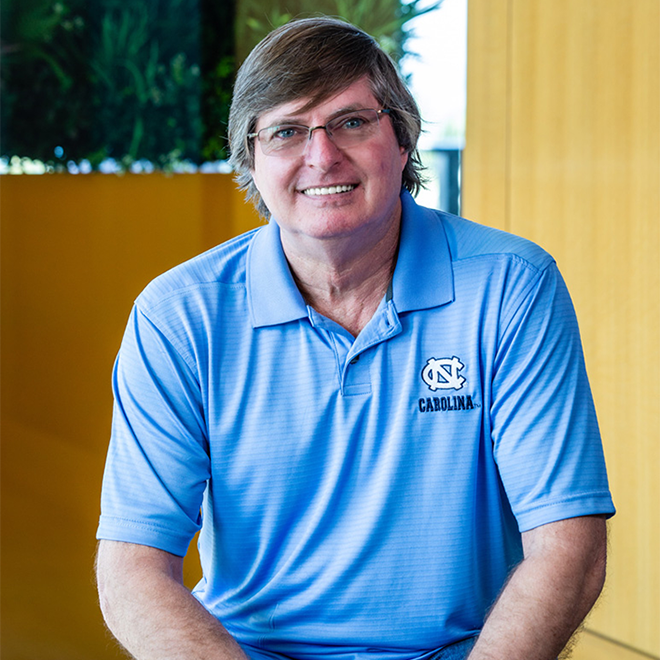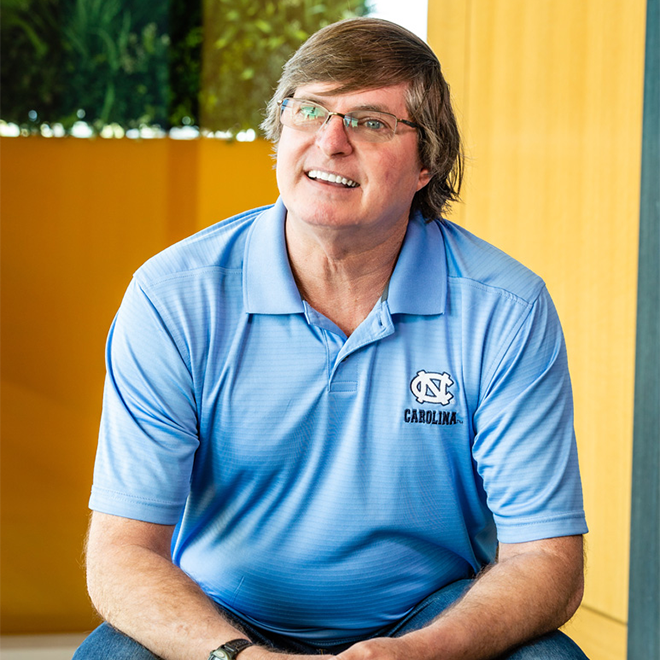Chris Harris was 14 years old when he had his first kidney stone attack. He was playing football, offensive center, and thought he had pulled a muscle. The pain increased and his parents took him to the doctor where he was diagnosed with a rare genetic condition called cystinuria.
Cystinuria causes a buildup of an amino acid called cystine in the urine. This can result in the formation of cystine kidney stones. Cystine stones are often larger, harder and form more frequently than other kinds of kidney stones. Due to the larger stone size, cystine stones may be more difficult to pass, often requiring surgical procedures to remove.
Chris passed or had surgically removed 5 to 8 stones every year, for 45 years.

